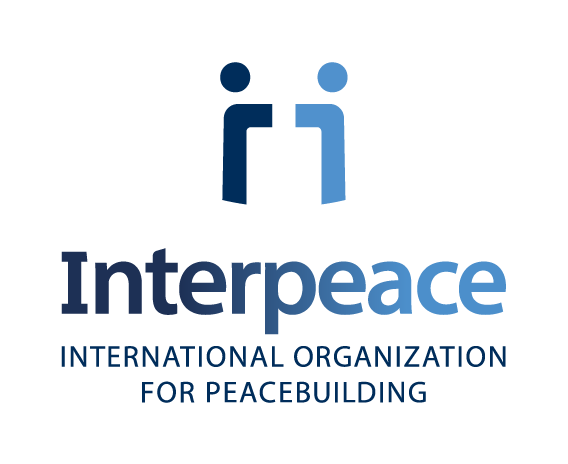Rethinking and creating new standards for lasting peace

Rethinking and creating new standards for lasting peace
Current approaches are failing to deliver lasting peace. Since 1989, almost half of all conflicts are recurrent; some have restarted as many as three times. More than two billion people live in conflict-affected and fragile States and suffer the direct and indirect consequences of violence and insecurity.
Incubated and hosted by Interpeace, Principles for Peace (P4P) is the largest contemporary collective global initiative created to draft a framework of norms and principles that will fundamentally reshape how peace processes are structured, sequenced, and actualised. Grounded in evidence and experience, the Principles focus on the accountability of actors who participate in peace processes to the societies they serve.
The P4P initiative was spearheaded by an independent International Commission on Inclusive Peace, whose members were geographically balanced and possessed a diversity of experience. The principles were developed through an intensive two-year evidence process, that distilled 700 case studies and included 154 consultations with people from more than 60 countries. The initiative talked to thousands of stakeholders from across the globe, at grassroots as well as State level, paying particular attention to the experiences of people who have been directly affected by conflict. It was supported by 120 partner organisations and a Research Committee composed of prominent experts from leading academic institutions and think-tanks, who acted as a sounding board and peer review body and helped to ensure the principles are grounded in evidence.

The initiative launched eight core principles for peace in early 2023. Three of the core principles address dignity, solidarity and humility: they underline that peacemaking efforts must be guided by moral and ethical values that will promote trust and engender respect between all parties. Two principles, on enhancing legitimacy and accountable security, are vital for the achievement of lasting peace. The last three principles focus on practical commitments that are necessary to strengthen peacemaking efforts: to promote pluralism, adopt subsidiarity, and advocate for integrated and hybrid solutions.
